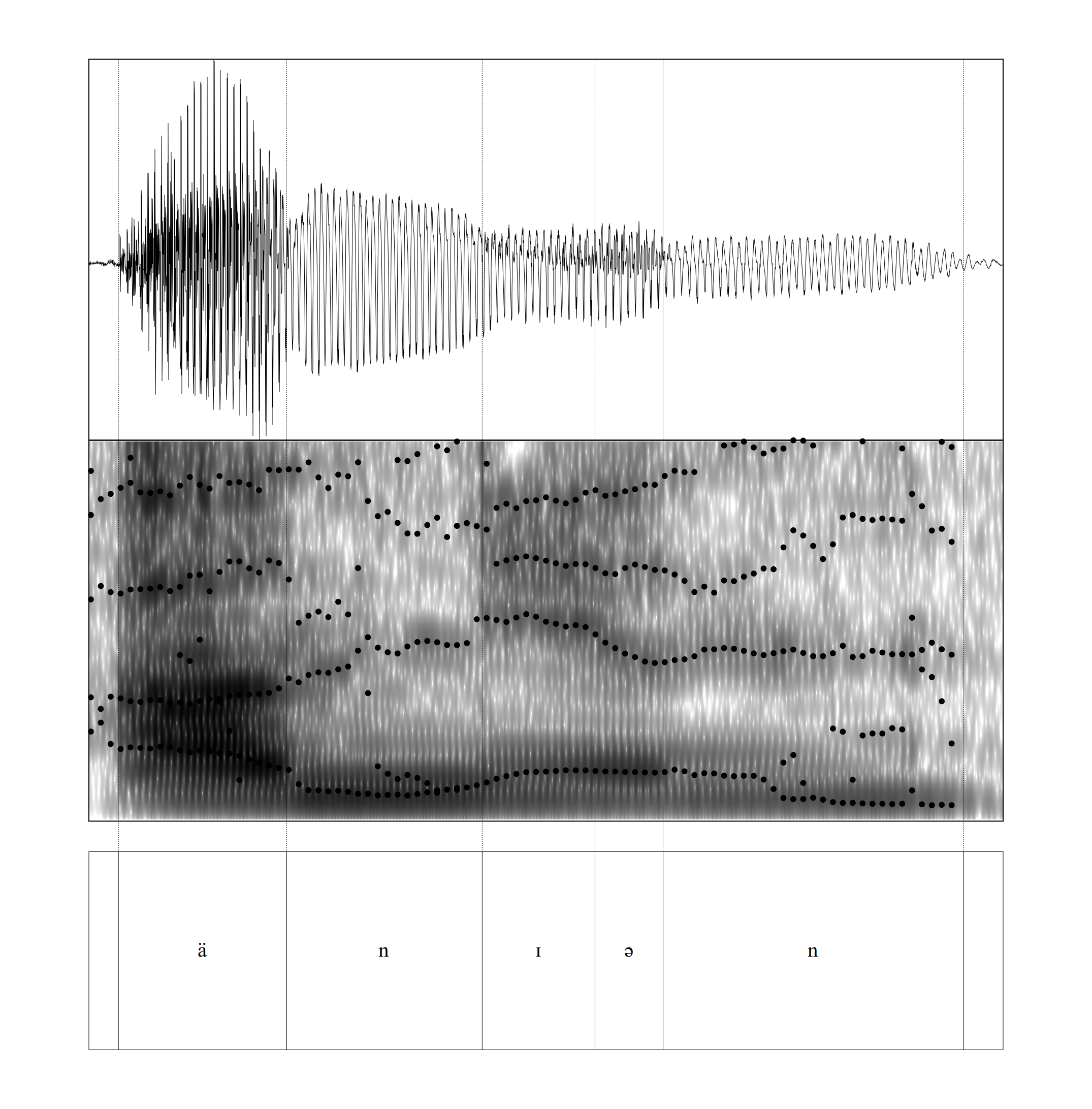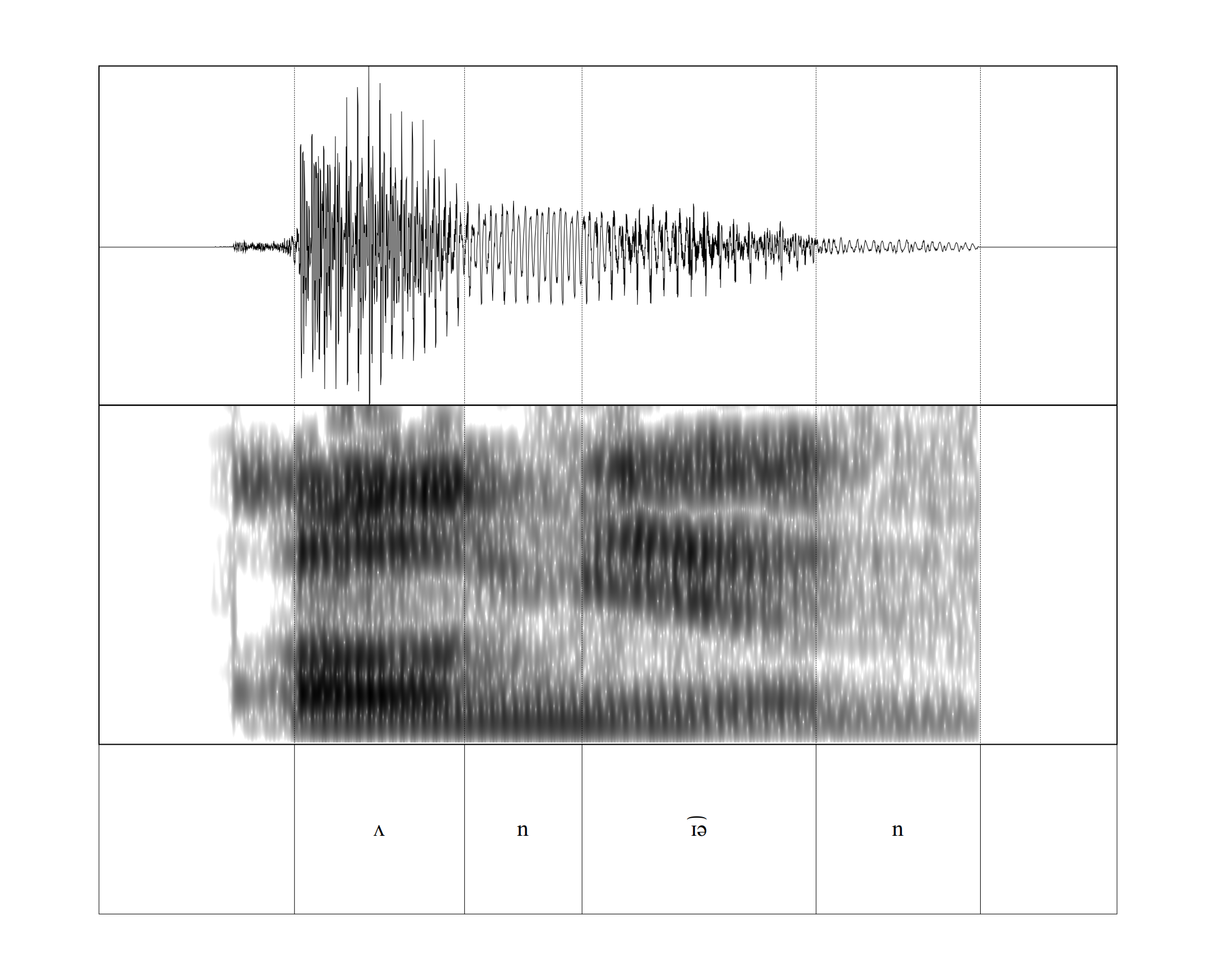To be completely clear, I’m not arguing that you don’t have /jn̩/. I was a little skeptical in the beginning, but that was all.zompist wrote: ↑Sun Mar 24, 2024 2:57 am Fair enough-- Catford calls [j] an ultrashort vowel. But then, why isn't [in] a big problem? Why isn't that [iən]?
It seems to me that people want to rescue their theories, without even hearing counter-evidence, by inserting vowels that aren't there. And then get snotty about how their analysis cannot possibly be wrong.
And over there I was talking about my own idiolect, not yours.It shouldn't be necessary, but it seems to be: I am talking about my own idiolect, not Darren's or yours.As Darren notes, many idiolects (including my own) ‘repair’ it by adding a schwa. But then it’s no longer [jn] any more, but [jən].
To me ynarakit sounds more like [ɐnjɛ̃], with nasalisation. Perhaps the recording got cut off early.
But also… it sounds to me like most of these recordings have a very clear [jən], with a distinct schwa. There are a few US recordings which sound more like a true [jn], though.

